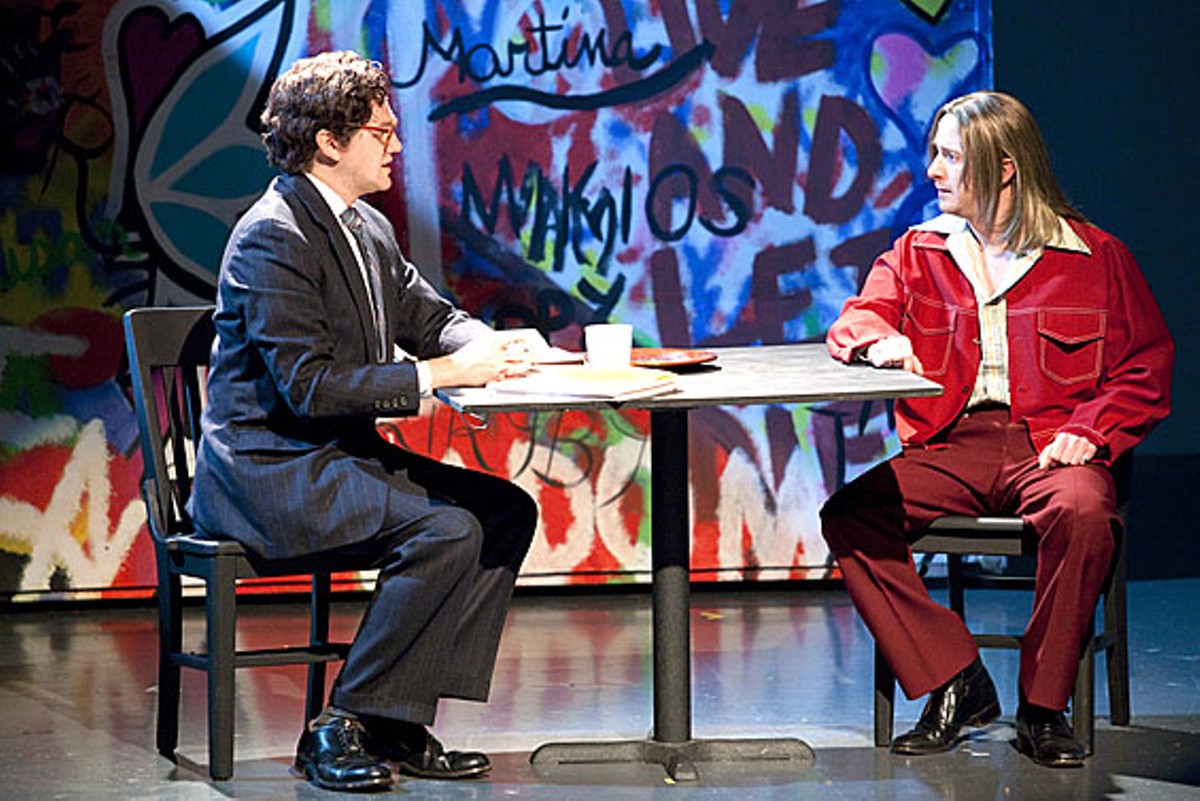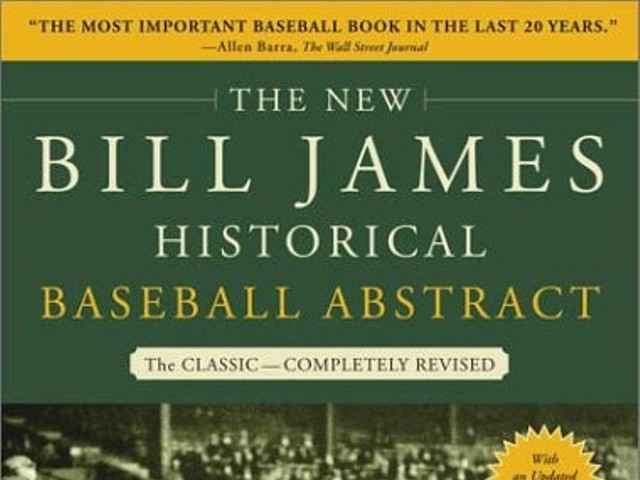Tom Stoppard's expansive Rock 'n' Roll is the playwright's concept album about political activism, the counterculture, Czechoslovakian political history, the mind/body split, the solace of art, Syd Barrett and just what the hell it is that the working class wants. Like most concept albums, trying to explain it is like tap dancing about fishing — if you want to understand it, you have to experience it for yourself. And it would be very difficult indeed to experience a production of this fine play that exhibited more warmth and carefully wrought performances than the one director Milt Zoth and a powerhouse cast have assembled for the St. Louis Actors' Studio.
The core of the story is the relationship between Max (Jerry Vogel), a professor of "brain science" and hard-line member of Great Britain's Communist Party, and Jan (Charlie Barron), a young Czechoslovakian national who leaves Britain and Max's tutelage to return home in 1968, the year the Soviets invaded Czechoslovakia. Max's life is one of intellectual extremism — as far as Max is concerned, there is nothing but the brain and the infallibility of Communist theory, and the one shapes the other. Vogel walks a dangerous line with Max; he's so blinded by his ideology that he's incapable of understanding or empathizing with anyone who doesn't agree with him. Vogel makes this argumentative, dismissive man likable without betraying his nasty side. "I'm sorry about the tanks," he sneers when Jan announces his intent to leave — but he also grudgingly hugs him.
Barron's Jan is all heart compared to his mentor. Deliriously in love with rock & roll, he brings his contraband records with him to Czechoslovakia, content to disappear in their grooves as his country slips ever deeper into totalitarianism. As intelligent as Max but much more feeling — is it the music that makes him this way, or is he drawn to the music because of his soul? — Jan is the source of most of the play's greatest lines. The conciliatory Czech leader Dubcek is "basically Cliff Richard." "Police love dissidents like the Inquisition loved heretics," he tells his activist friend Ferdinand (Chris Jones, who gives the character a lived-in, depressive charm). Barron is absolutely outstanding as a man driven from apathy to action not by police beatings or prison, but by the destruction of his albums.
Scenes are titled after some of the greatest songs in the rock canon, with nifty video projections of the musicians and title projected on the wings (these were created by Michael B. Perkins). For some reason, the Velvet Underground's "I'm Waiting for the Man" featured footage of Jerry Garcia, a juxtaposition that made my asshole pucker in disgust — I'm more like Jan that I care to admit. But just like the chorus of that other Velvets' song (the one that lends its name to the play), "it's all right." And that's how it all ends, too: Some people are saved by Rock 'n' Roll and some people aren't, some people lose everything and some people have everything. And it's all right — "all right" being Lou Reed's ultimate state of grace.






